Our Goals and Objectives.
The IEEE Power and Energy Society is a community of professionals and students who are passionate about advancing the development and application of technology for the generation, transmission, distribution, and utilization of electric power for the benefit of society. Our society participates in a wide range of activities aimed at promoting the development and dissemination of knowledge and information related to power and energy systems. Our members are involved in research, design, and implementation of technologies that drive the generation, transmission, and distribution of electrical power. We work closely with industry and academia to develop and promote innovative solutions that address the challenges facing the power and energy sector, including climate change, energy security, and sustainability.
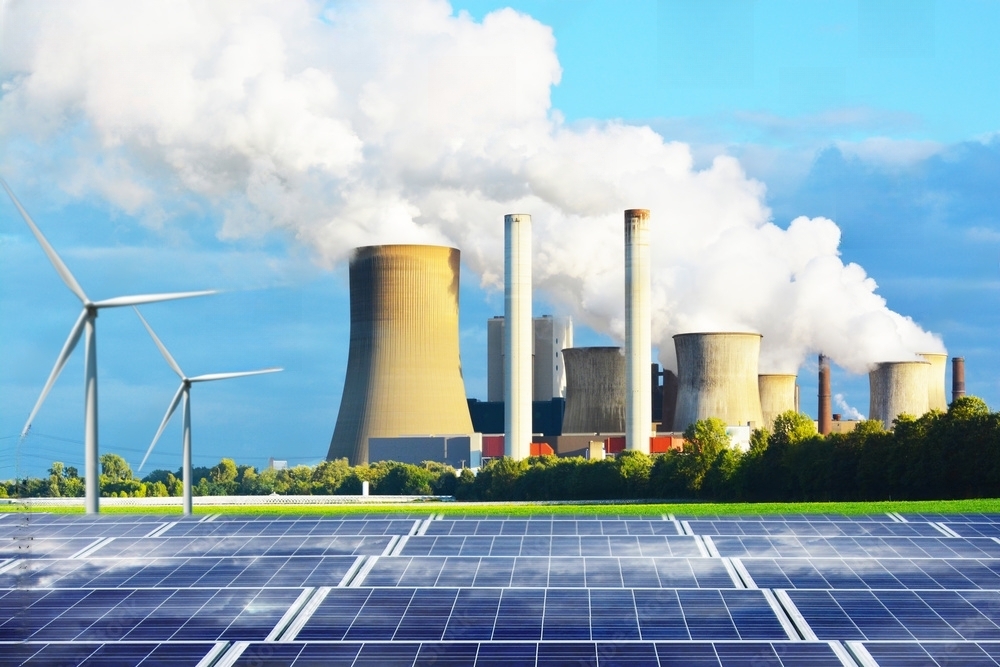
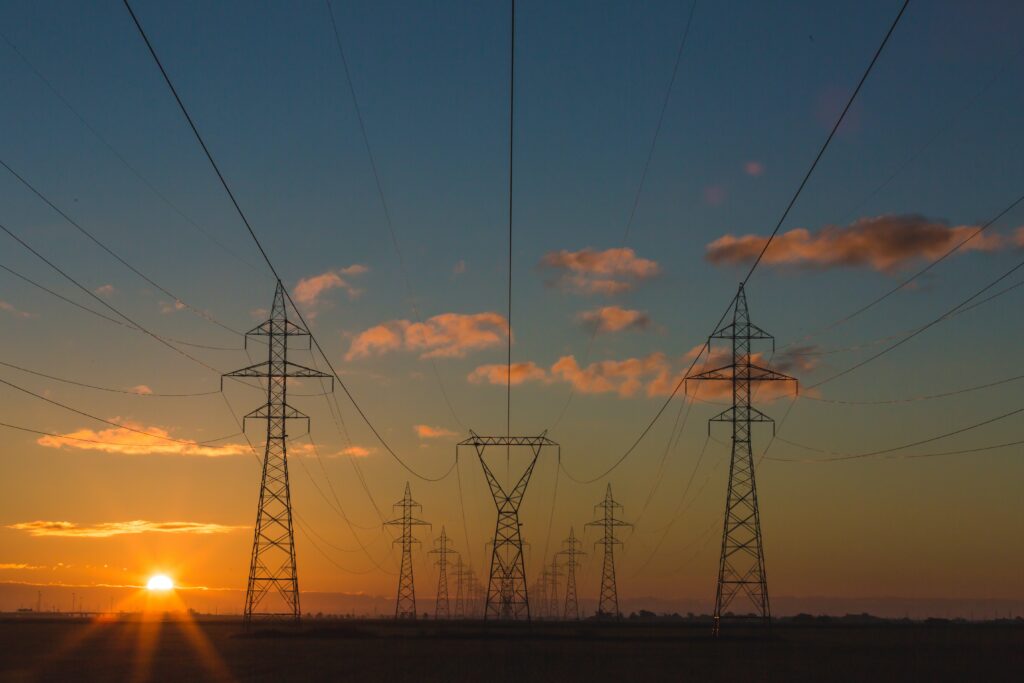
Our activities include technical conferences, workshops, and seminars that provide opportunities for our members to exchange ideas and share their latest research findings. We also organize outreach programs and educational activities aimed at engaging students and the wider community in the field of power and energy engineering.
Whether you are a seasoned professional, a student, or simply interested in learning more about power and energy systems, we invite you to join our society and learn more about the IEEE Power and Energy Society.
Some Advancements and Trends in Power and Energy
- Renewable Energy Expansion: The use of renewable energy sources like solar, wind, hydro, and geothermal power is expected to continue growing rapidly. Advances in technology, decreasing costs, and increased efficiency are making renewables a dominant force in the energy sector.
- Energy Storage Breakthroughs: Energy storage technologies, such as advanced batteries, are crucial for the widespread adoption of renewables. The development of more efficient and cost-effective energy storage systems will enable better integration of intermittent renewable sources into the grid and promote energy independence.
- Smart Grids: The future will see the widespread implementation of smart grids, which incorporate advanced sensors, communication networks, and analytics to optimize energy distribution and consumption. These grids will enable better management of energy resources, improve grid reliability, and facilitate the integration of distributed energy sources.
- Electrification of Transportation: Electric vehicles (EVs) are gaining significant traction. The future holds the promise of improved battery technology, longer driving ranges, faster charging, and increased affordability. As EV adoption rises, it will contribute to a decrease in greenhouse gas emissions and reduced reliance on fossil fuels.
- Decentralized Energy Systems: The shift toward decentralized energy systems, also known as microgrids, allows for localized power generation, storage, and distribution. Microgrids increase energy resilience, reduce transmission losses, and enable communities to have greater control over their energy sources.
- Energy Efficiency: Energy efficiency measures will play a crucial role in reducing energy consumption and carbon emissions. Smart appliances, efficient building materials, and innovative energy management systems will help optimize energy use across industries and households.
- Fusion Energy: Fusion energy, if successfully developed, has the potential to revolutionize the energy landscape. Fusion reactors, which mimic the sun’s process of generating power, could provide clean, safe, and virtually limitless energy. Though still in the experimental phase, significant progress is being made in this field.
- Green Hydrogen: Hydrogen produced from renewable sources, known as green hydrogen, has the potential to become an essential energy carrier. It can be used for various applications, including electricity generation, transportation, and industrial processes. Advances in electrolysis and efficient hydrogen storage methods will make green hydrogen a key player in the future energy mix.
- Internet of Things (IoT) in Energy Management: IoT technologies will facilitate real-time monitoring and optimization of energy usage, leading to more efficient energy management systems. Smart homes and smart cities will integrate IoT devices to control and regulate energy consumption, maximizing energy efficiency.
- Environmental Consciousness: Sustainability and environmental concerns will continue to shape the future of power and energy. Governments, businesses, and individuals are increasingly prioritizing clean energy solutions, circular economy principles, and the reduction of carbon footprints
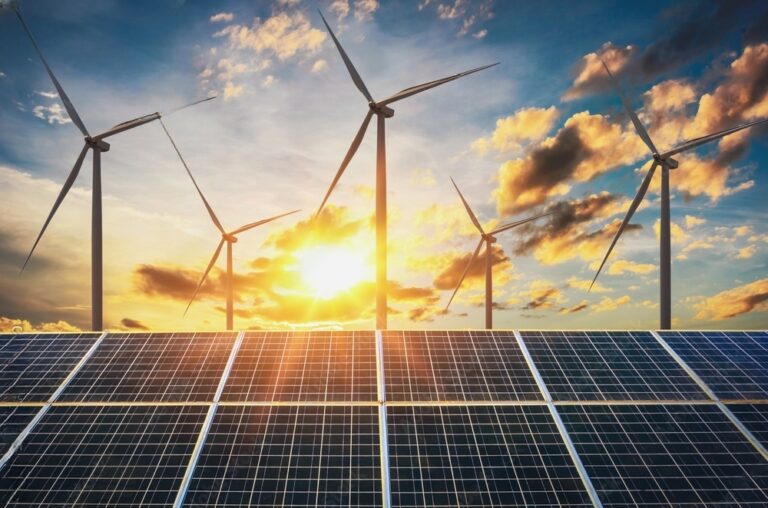
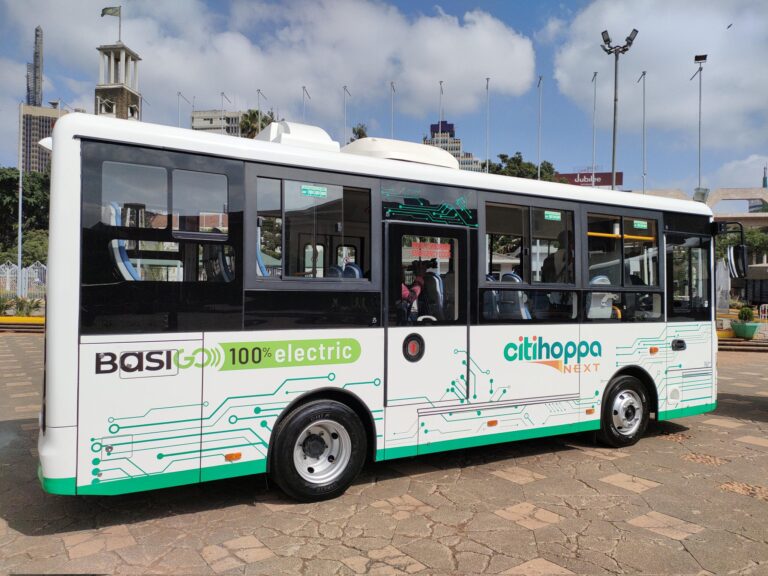
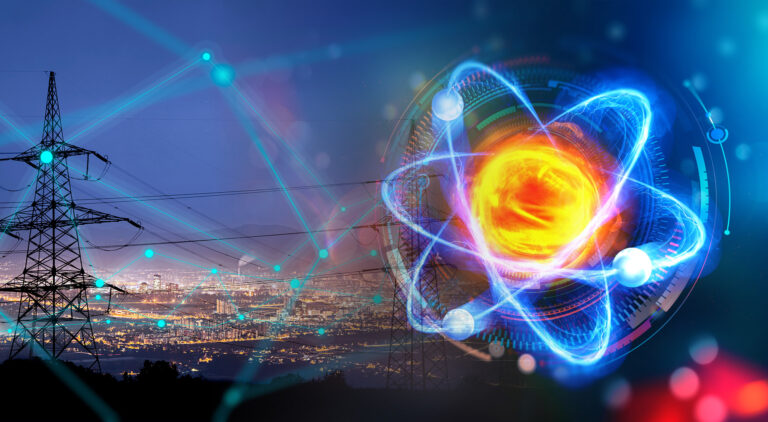
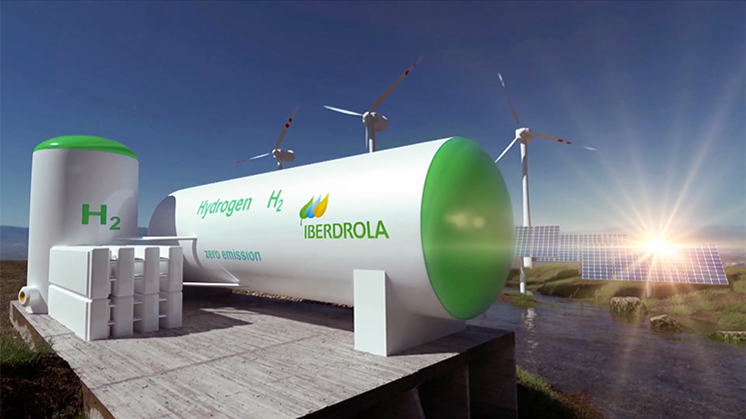
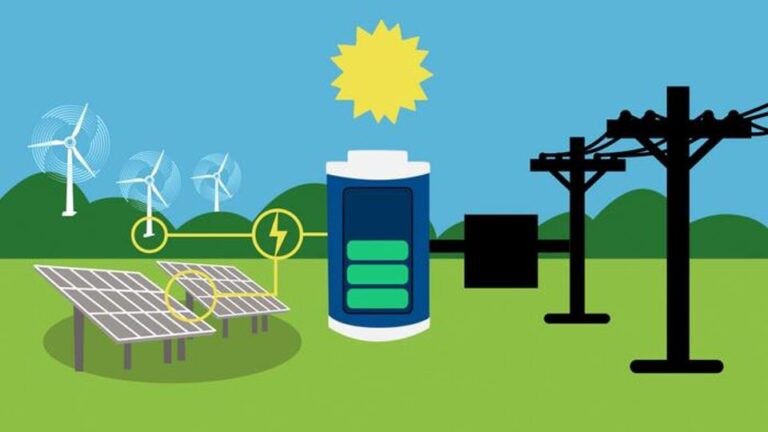


Our Team
Chairperson

Stephen Odhiambo
VIce-Chairperson

Jaspa Wachira
Secretary

Job Ochieng
Treasurer

Sarah Ibrahim Nur
Publicity Lead

Mercy Munyinyi
Designer

Bornface Ochieng

